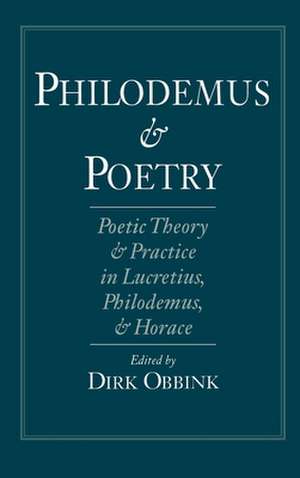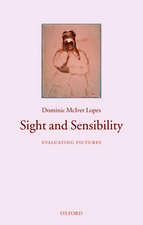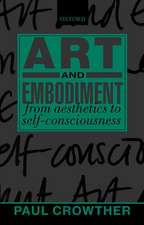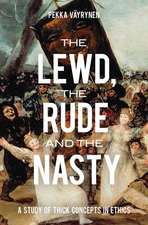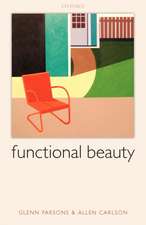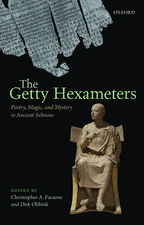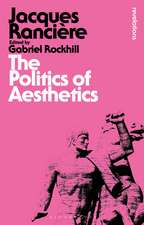Philodemus and Poetry: Poetic Theory and Practice in Lucretius, Philodemus, and Horace
Editat de Dirk Obbinken Limba Engleză Hardback – 10 aug 1995
Preț: 1010.01 lei
Preț vechi: 1453.47 lei
-31% Nou
Puncte Express: 1515
Preț estimativ în valută:
193.29€ • 201.05$ • 159.57£
193.29€ • 201.05$ • 159.57£
Carte tipărită la comandă
Livrare economică 03-09 aprilie
Preluare comenzi: 021 569.72.76
Specificații
ISBN-13: 9780195088151
ISBN-10: 0195088158
Pagini: 336
Ilustrații: 1
Dimensiuni: 165 x 241 x 25 mm
Greutate: 0.66 kg
Editura: Oxford University Press
Colecția OUP USA
Locul publicării:New York, United States
ISBN-10: 0195088158
Pagini: 336
Ilustrații: 1
Dimensiuni: 165 x 241 x 25 mm
Greutate: 0.66 kg
Editura: Oxford University Press
Colecția OUP USA
Locul publicării:New York, United States
Recenzii
An extremely useful discussion of the poetics of Philodemus of Gadara ... Highly recommended.
an indispensable tool for scholars beginning to delve into what may be Herculaneum's most valuable treasures
Obbink is to be commended not only for the sheer labour and diligence which have obviously gone into this work, but also for producing a superbly accurate and accessible edition of an extremely difficult text. The edition will become an essential tool for scholars of Epicureanism and Hellenistic philosophy, and will undoubtedly also be of interest to students of papyrology, philology, ancient religion, Cicero, and the intellectual climate of the first century B.C. Not only has Obbink produced an extremely thorough edition of an important yet intractable text, he has also achieved a high degree of 'transparency' ... he has ensured that the reader, even the non-specialist, is made fully aware as to why choices have been made with the text and the alternatives available. For all of this Obbink is entitled to our gratitude.
an indispensable tool for scholars beginning to delve into what may be Herculaneum's most valuable treasures
Obbink is to be commended not only for the sheer labour and diligence which have obviously gone into this work, but also for producing a superbly accurate and accessible edition of an extremely difficult text. The edition will become an essential tool for scholars of Epicureanism and Hellenistic philosophy, and will undoubtedly also be of interest to students of papyrology, philology, ancient religion, Cicero, and the intellectual climate of the first century B.C. Not only has Obbink produced an extremely thorough edition of an important yet intractable text, he has also achieved a high degree of 'transparency' ... he has ensured that the reader, even the non-specialist, is made fully aware as to why choices have been made with the text and the alternatives available. For all of this Obbink is entitled to our gratitude.
